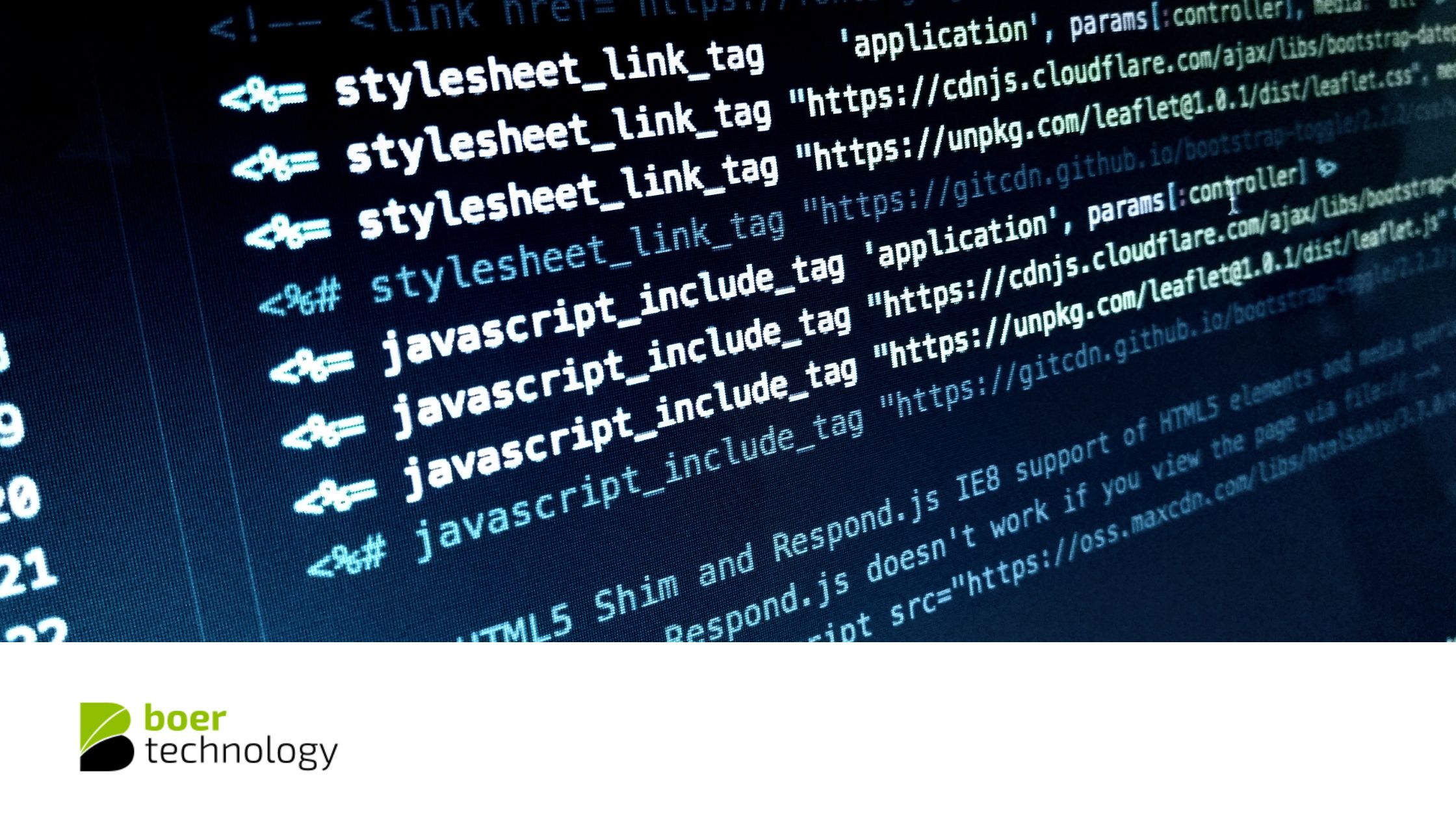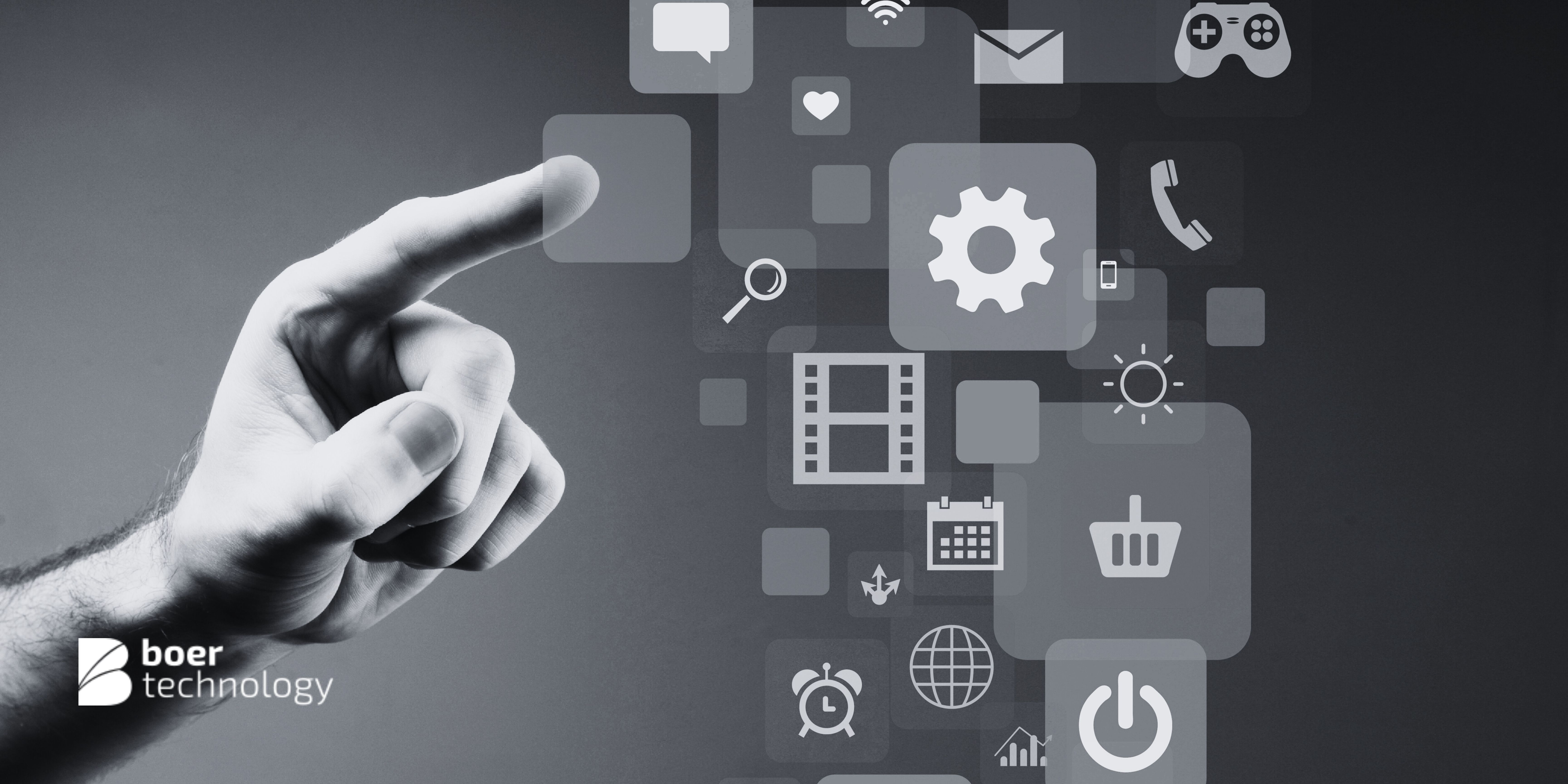In the ever-evolving digital era, many businesses and organizations are shifting to the cloud to enhance the efficiency, scalability, and flexibility of their IT infrastructure. Cloud computing offers various solutions for different technological needs, one of which is the private cloud. However, with the adoption of cloud technology comes the need for efficient cost management. This is where a proper billing system comes into play in the context of a private cloud. This article will explore whether billing is necessary for a private cloud, its role, and the benefits it provides.
What Is a Private Cloud?
A private cloud is a type of cloud infrastructure designed to be used exclusively by one organization or business. Unlike the public cloud, where resources and data are shared among multiple users, a private cloud offers greater control over infrastructure and data. This provides businesses with enhanced security, customization, and compliance with specific regulations. Typically, private clouds are used by large enterprises or organizations with specialized needs regarding data privacy and security.
Is Billing Necessary in a Private Cloud?
A billing system in a private cloud is very important, even though the private cloud is used solely by one organization. While this cloud infrastructure is not shared with other users, it is still essential for the organization to track and account for resource usage. This ensures that cloud resources are efficiently managed and do not exceed the allocated budget.
Without an organized billing system, organizations may struggle to manage operational costs related to their cloud infrastructure. Proper billing helps control expenses, perform cost analysis, and provide transparency regarding resource usage. Therefore, even when using a private cloud, a billing system is necessary to ensure that the organization is not overspending on cloud resources.
The Role of Billing in a Private Cloud
-
Monitoring Resource Usage
One of the main roles of billing in a private cloud is to monitor resource consumption, such as CPU, memory, and storage. The billing system will track in real-time how much resource is being used by applications or departments within the organization. This allows IT managers to evaluate whether resource usage is efficient or if there are areas that need optimization. -
Managing Costs and Budgets
A billing system allows organizations to set budgets for different projects or teams using the private cloud. By monitoring resource consumption in detail, companies can avoid overspending and ensure that cloud usage remains within the approved budget. Without proper cost control, organizations may not realize when they have exceeded their budget limits. -
Providing Transparency and Accountability
Billing also plays a crucial role in providing transparency in resource usage. In many large organizations, multiple departments or teams utilize the cloud infrastructure for their projects. With a clear billing system, each team or department can see the costs associated with their usage, which encourages them to be more accountable for their expenses. This also helps in internal cost reporting and budget allocation across organizational units. -
Optimizing Resources
With an effective billing system, companies can analyze resource consumption and identify areas that can be optimized. For instance, if a particular application or department is consuming more resources than necessary, the company can make adjustments to reduce waste. This analysis can also help with long-term capacity planning, avoiding resource wastage, and reducing operational costs.
Benefits of Billing in a Private Cloud
-
Better Cost Control
With an integrated billing system in a private cloud, organizations can have more control over their expenses. Detailed cost tracking and resource usage analysis provide a clear picture of where and how resources are being consumed, allowing companies to avoid waste and optimize operational costs. -
Improved Operational Efficiency
A billing system enables companies to be more efficient in using their cloud resources. With accurate information on resource consumption, IT managers can make the necessary adjustments to enhance efficiency and reduce waste, whether in hardware usage, energy consumption, or other costs. -
Increased Transparency within the Organization
By sharing billing information with different departments or teams, a company fosters a more transparent environment regarding cloud spending. This can motivate each team to use resources wisely and stay within the allocated budget, creating a better culture of cost management. -
Better Decision-Making
The data collected from the billing system provides valuable insights for decision-making at the managerial level. This information can be used to plan cloud infrastructure expansion or identify areas that require more investment. By understanding usage patterns, the company can plan capacity needs more accurately. -
Ease of Management and Reporting
An integrated billing system in a private cloud allows for automated report generation, offering a comprehensive view of usage and costs. This simplifies cost management and reporting to management or regulators who need information regarding IT infrastructure expenditures.
Conclusion
Although private clouds offer greater control over IT infrastructure, implementing a billing system is still crucial to ensure that resources are used efficiently and within the set budget. By playing a key role in monitoring usage, managing costs, and providing transparency, billing systems help organizations optimize their cloud infrastructure, improve operational efficiency, and avoid resource wastage. As a result, the use of an effective billing system in a private cloud is not just necessary but also a strategic move that supports long-term sustainability and growth for an organization.



